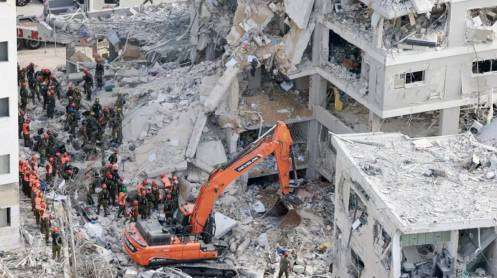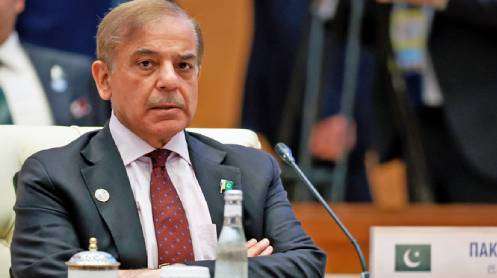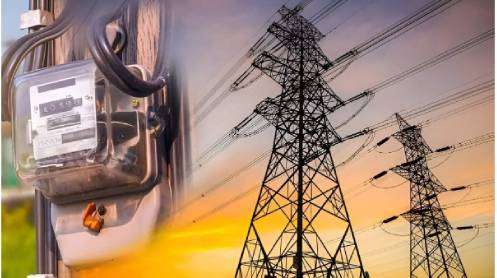TEL AVIV/DUBAI/WASHINGTON – Iranian missiles rained down on Tel Aviv and Haifa on Monday, killing at least 10 people and wounding dozens more in a dramatic escalation of hostilities that has alarmed world leaders and sparked fears of a broader Middle East war.
According to Israeli media, three people were killed in central Israel, while emergency responders reported about 30 injured in Haifa, where fires erupted near the city’s power plant. Residential buildings in Tel Aviv were also hit, and live footage showed missiles streaking across the skies over Tel Aviv and Occupied Jerusalem.
The Iranian Revolutionary Guards claimed the missile barrage used a new tactic that confused Israel’s advanced air defense systems, allowing strikes to hit their targets despite U.S. and Western military support.
Tehran’s attacks are in retaliation for Israel’s surprise strikes on Friday, which targeted Iran’s nuclear and missile infrastructure and killed senior Iranian military figures, including the Revolutionary Guards’ intelligence chief Mohammad Kazemi and his deputy.
Iranian health officials reported at least 224 deaths so far, with 90% of the casualties said to be civilians.
This marks the first time Iran has conducted daylight missile strikes on Israel. The attacks have devastated cities including Bat Yam, near Tel Aviv, and Haifa, a mixed Jewish-Arab city, where residents remain on edge.
Global markets reacted nervously. Brent crude climbed \$0.70 to \$74.94 a barrel in Asian trading Monday, after an earlier spike of \$4. The impact on equities and currencies has so far been limited.
The G7 summit in Canada opened Sunday with the conflict dominating the agenda. German Chancellor Friedrich Merz outlined goals to prevent Iran from acquiring nuclear weapons and to support Israel’s right to defend itself, while urging restraint and diplomacy.
U.S. President Donald Trump, before leaving for the summit, said: “I hope there’s going to be a deal… Sometimes they have to fight it out.” He warned Tehran that any attack on U.S. forces would be met with force “at levels never seen before.”
Meanwhile, U.S. officials confirmed that Trump recently vetoed an Israeli proposal to assassinate Iran’s Supreme Leader Ayatollah Khamenei, a report Israeli Prime Minister Netanyahu declined to confirm, saying, “We do what we need to do.”
Talks between Iran and the U.S. over the nuclear issue were canceled Sunday after Tehran refused to negotiate while under attack. Iran has vowed further retaliation, declaring it will “open the gates of hell” in response to Israeli aggression.
As both sides brace for more violence, fears of a prolonged and region-wide conflict continue to rise.







